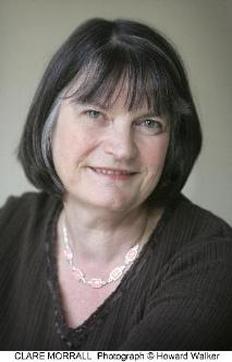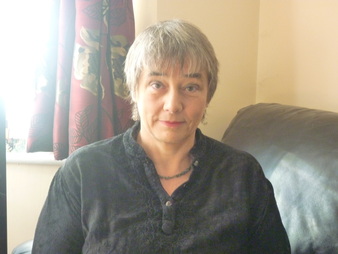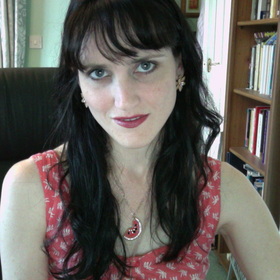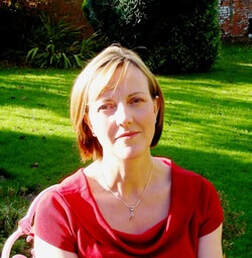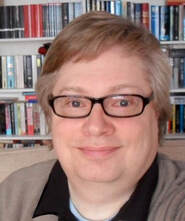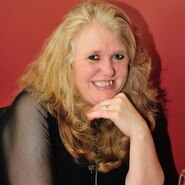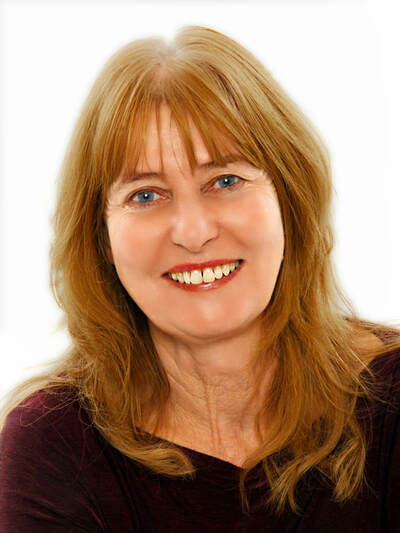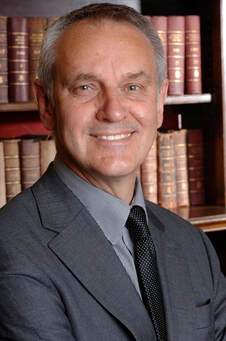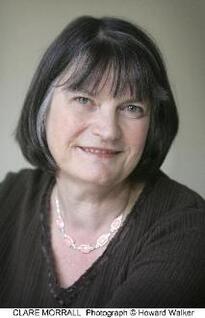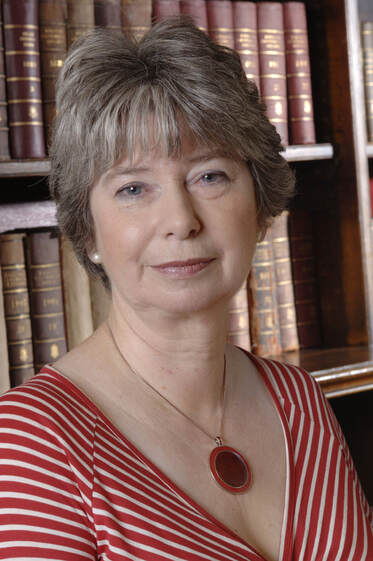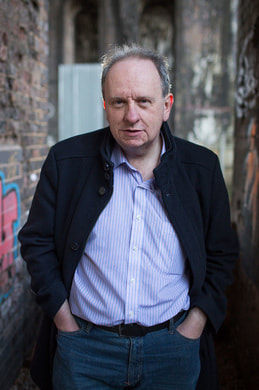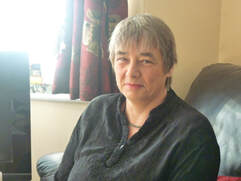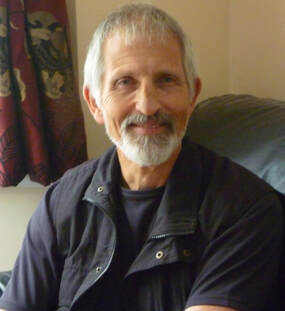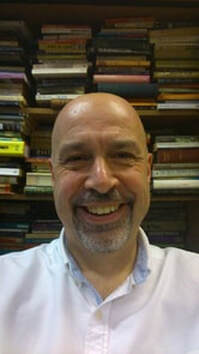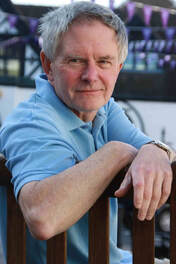When it comes to well respected book awards that are known internationally there is a problem for the self publisher or the independent press. In some cases, possibly most, self published authors are not allowed to enter. Even if they are allowed or an independent press attempts to enter these competitions are usually prohibitively expensive. For example, the Booker Prize and Women's Prize (to name just two) expect the publisher to pay a substantial amount of money to the organisers if a book makes it to the shortlist. This is part of the contract upon entering and many do not have the kind of funds expected. This can leave independent publishers, self publishers and indie authors struggling to find the recognition they deserve.
As the publishing world shifts to include more indie authors and self publishers the International Rubery Book Award created an opportunity for these books by finding the best and rewarding them for their quality. We believe we are the self publishers' and independent publishers' answer to the MAN Booker Prize and the Costa Prize. Here is the difference: instead of asking for huge sums of money from those shortlisted we instead charge an entry fee for every entry.
We also consider all topics and genres not just literary works. Unlike some other organisations, who do accept self published books but who charge for each category entered, we merely request you tell us your choice of category and then we will put it in the most suitable one at the time of publishing the shortlist results. Your book will always be judged within its category and not against any other until the final judging process when Book of the Year is chosen from the category winners (a very difficult task and one our judges take very seriously).
We pride ourselves on having prestigious judges. We have a pool of judges that we draw upon each year - changing one or two of them each time so that different tastes are accommodated. The structure that we have set up, which includes the reading and judging processes, has attracted much support from the publishing world as we believe in doing a thorough and fair job. We have a close relationship with top London literary agency MBA.
We receive respect and recognition from authors, publishers and publishing organisations. This also helps the winners gain further recognition. Certainly, the winners can proudly announce that they are award-winning authors of the Rubery Prize and be confident that the title is respected.
As the publishing world shifts to include more indie authors and self publishers the International Rubery Book Award created an opportunity for these books by finding the best and rewarding them for their quality. We believe we are the self publishers' and independent publishers' answer to the MAN Booker Prize and the Costa Prize. Here is the difference: instead of asking for huge sums of money from those shortlisted we instead charge an entry fee for every entry.
We also consider all topics and genres not just literary works. Unlike some other organisations, who do accept self published books but who charge for each category entered, we merely request you tell us your choice of category and then we will put it in the most suitable one at the time of publishing the shortlist results. Your book will always be judged within its category and not against any other until the final judging process when Book of the Year is chosen from the category winners (a very difficult task and one our judges take very seriously).
We pride ourselves on having prestigious judges. We have a pool of judges that we draw upon each year - changing one or two of them each time so that different tastes are accommodated. The structure that we have set up, which includes the reading and judging processes, has attracted much support from the publishing world as we believe in doing a thorough and fair job. We have a close relationship with top London literary agency MBA.
We receive respect and recognition from authors, publishers and publishing organisations. This also helps the winners gain further recognition. Certainly, the winners can proudly announce that they are award-winning authors of the Rubery Prize and be confident that the title is respected.
Our Team at the Rubery Prize
We work with top London literary agency MBA who read the winning book and ultimately could offer to represent the author. This means the winning author bypasses any slush piles and the possibility of a valuable contact for any publishing rights available for that particular work or future works. We consider this to be an invaluable part of the award and we thank MBA for their support.
Other people involved with us are carefully vetted readers and others who work behind the scene who are not listed below.
Below are some of the better-known people on our team as well as the director of the Rubery Prize.
We work with top London literary agency MBA who read the winning book and ultimately could offer to represent the author. This means the winning author bypasses any slush piles and the possibility of a valuable contact for any publishing rights available for that particular work or future works. We consider this to be an invaluable part of the award and we thank MBA for their support.
Other people involved with us are carefully vetted readers and others who work behind the scene who are not listed below.
Below are some of the better-known people on our team as well as the director of the Rubery Prize.
|
One of our regular judges and a prolific reader is Booker shortlisted author Clare Morrall. She was also awarded an honouree doctor of letters (DLitt) by the University of Birmingham.
Morrall’s debut novel, Astonishing Splashes of Colour, was short listed for the MAN Booker Prize. Morrall was also shortlisted for British Newcomer of the Year 2003. Her fourth novel, The Man who Disappeared, was selected for the TV Book Club 2010. In 2012 The Roundabout Man was released to critical acclaim. Her novels have been translated into many languages across the world. Clare Morralls novels are: When the Floods Came (2016) After the Bombing (2014) The Roundabout Man (2012) The Man Who Disappeared (2010) The Language of Others (2008) Natural Flights of the Human Mind (2006) Astonishing Splashes of Colour (2003) |
|
Another regular judge and reader is Jeff Phelps. A prolific reader and our resident poetry expert.
Phelps is an award winning poet and author and has been widely published, notably by London Magazine and Critical Quarterly. He has won several poetry awards including the critically acclaimed Stand prize. Phelps co-founded and edited the literary journal Nutshell which published short stories and poetry. Jeff Phelps has two novels published:
|
|
Pauline Morgan has been on the panel of judges for the critically acclaimed international Arthur C. Clarke Award. She is an experienced reviewer of fiction, appearing regularly in the on-line reviews magazine, SFCrowsnest.
She is the author of a number of short stories and poems (under the name Pauline E. Dungate) that have appeared in anthologies and magazines in Britain and America. She runs and participates in writing workshops covering all kinds of creative writing. While judging for RBA in 2014 she wrote an article on the judging process which can be found here. |
|
Paul McDonald judged our first ever short story competition and edited the subsequent anthology entitled, The Tipping Point. He set the standard for what was to follow in the years after in which the quality only ever increased.
He is also the book award judge for 2020. McDonald is senior lecturer in English and Creative Writing at the University of Wolverhampton. He is the author of fifteen books, including three novels and three collections of poetry. His most recent book, Storytelling, was published in 2014. |
|
Meet the director of RBA.
Heather, a widely published and award winning author of novels, short stories and poetry herself, set up the Rubery Prize. Some of her poetry and short stories have been published in the following journals (please note this is not a complete list): Aesthetica, Brittle Star, QWF, Seam, Tears in the Fence, and Sepia. She oversees the running of the awards, decides on judges, replies to queries and does all things admin related. Her qualifications include an MPhil in English Literature from the University of Birmingham and a BA in English from the University of Wolverhampton. |
Here at the Rubery Prize we have prestigious judges each year to judge our awards. Some of these judges are closely associated with RBA and so are a regular part of the team even when they are not a named judge for a particular year. We have too many entries to send our judges all the books that we receive so we have a number of readers who read the entries and score the books. Some of our readers are regular judges here so you will recognise them. We like to use their specialisms. If a book is of a high enough standard we pass it on to our named judges of that year to read and consider. The judges then all meet up with their notes on the books they have enjoyed the most and this is where the shortlist of each category is decided upon and from there who will win the big prize. It is always an exciting meeting and yet also very difficult as the standard is so high.
We always aim to give entrants a fair chance and, in the first instance, pass their book to the most suitable reader of that subject. This is why we ask for you to list your category on the form. However, sometimes you may find you are listed in a category shortlist that is not the category you listed when entering. This is because we give a minimum of 3 category awards. So for example, if you enter a thriller but there are not enough entries of a high enough standard for a thriller category the book would be listed under a fiction category instead.
Why Rubery?
Well, why not? We are based close to Rubery so it seemed a good choice of name to make. It is often mispronounced as "Rubbery". But note there is only one b and therefore the correct pronunciation is ru-berry. Rubery is actually a place in the Midlands - unusually it sits within Birmingham and Worcestershire with the Bristol Road, A38, going through the middle of it. It has close and easy access to the city of Birmingham and access and views across the beautiful countryside.
We always aim to give entrants a fair chance and, in the first instance, pass their book to the most suitable reader of that subject. This is why we ask for you to list your category on the form. However, sometimes you may find you are listed in a category shortlist that is not the category you listed when entering. This is because we give a minimum of 3 category awards. So for example, if you enter a thriller but there are not enough entries of a high enough standard for a thriller category the book would be listed under a fiction category instead.
Why Rubery?
Well, why not? We are based close to Rubery so it seemed a good choice of name to make. It is often mispronounced as "Rubbery". But note there is only one b and therefore the correct pronunciation is ru-berry. Rubery is actually a place in the Midlands - unusually it sits within Birmingham and Worcestershire with the Bristol Road, A38, going through the middle of it. It has close and easy access to the city of Birmingham and access and views across the beautiful countryside.

